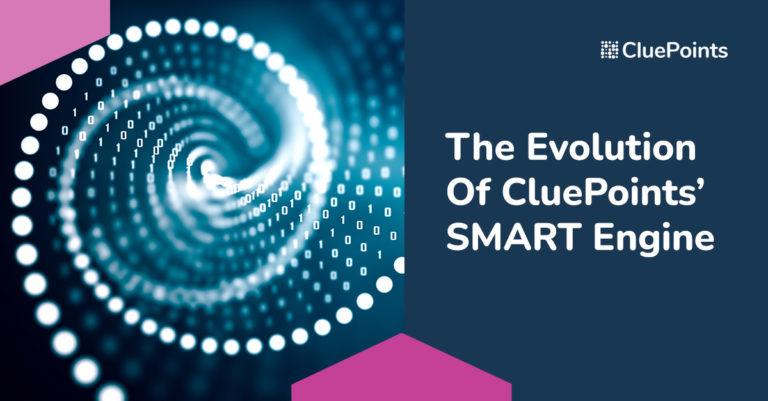Regarding CluePoints’ statistical approach to risk-based monitoring in clinical trials, we are often asked questions about sample size, such as: “How many subjects are needed per site to perform your analyses in an ongoing study?” “Do you have a minimum sample size recommendation for this approach?” “How can this be applied to trials with many centers and few patients in each center?”
Previously, our recommendation was at least 4 patients per center and 10 centers per study, although it was possible to group the data differently (e.g. by country or region) to allow sites with fewer patients to be included in the analysis. In the context of trials in rare diseases, where there are few patients per center but the case report form is extremely detailed, the system could potentially be useful with fewer centers and/or fewer patients per center.
However, ClueBot now has some exciting news to share. SMART has evolved and is now able to score and rank every single center, no matter their number of patients! CluePoints’ R&D team have updated the SMART engine and created a way to reduce the requirements while ensuring the accuracy and validity of the results.


